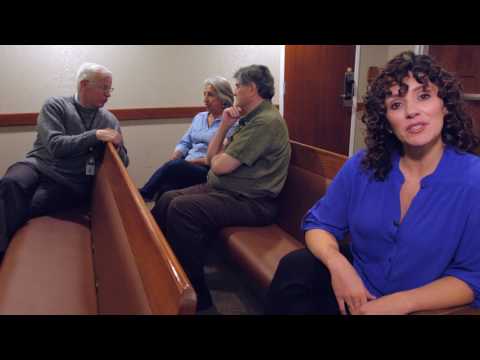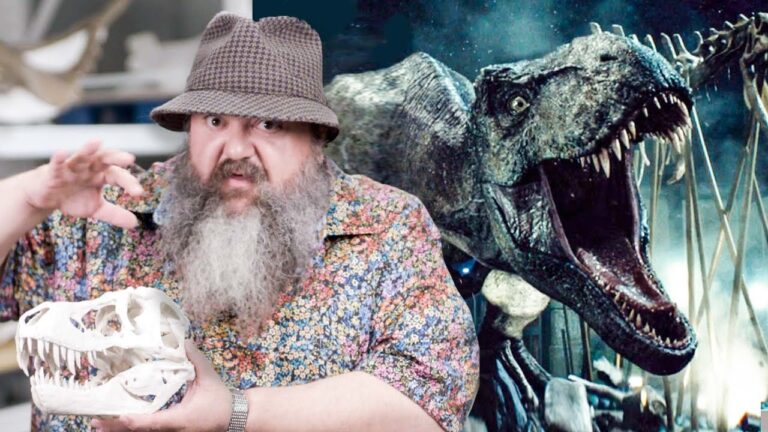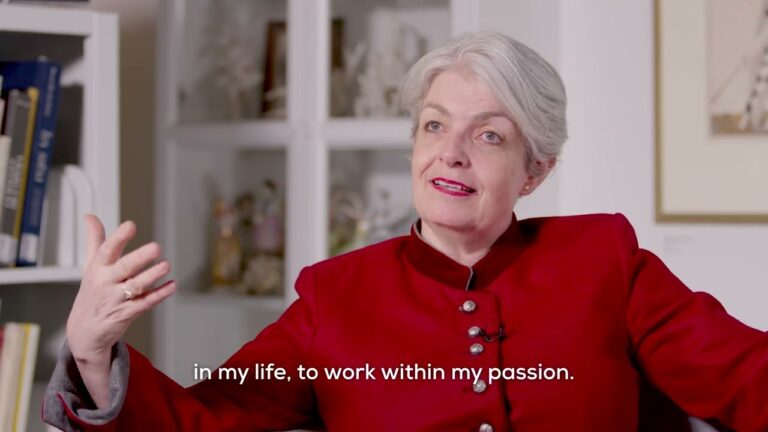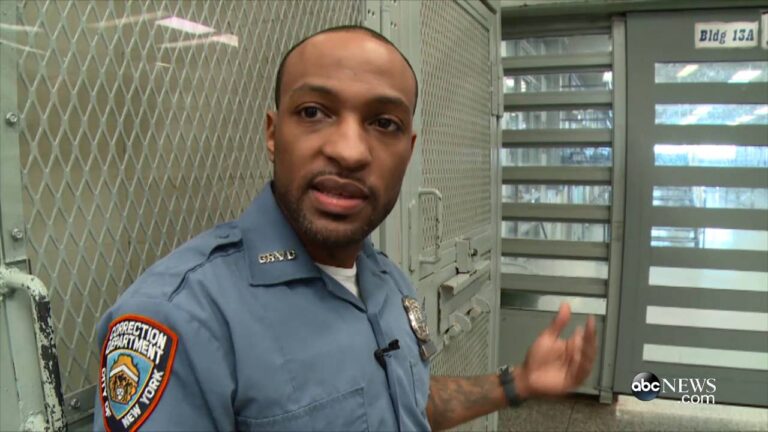Healthcare Chaplain Job Description and Salary: Providing Spiritual Care and Support

Healthcare Chaplain Job Description Template
Healthcare Chaplain Job Description A healthcare chaplain is a spiritual caregiver who provides emotional and spiritual support to patients, their families, and healthcare staff in hospitals, hospices, and other healthcare settings. They offer a listening ear, prayer, and guidance to individuals facing illness, trauma, or end-of-life situations. The main responsibilities of a healthcare chaplain include conducting religious services, offering pastoral counseling, and providing spiritual guidance to patients and their families. They work closely with the healthcare team to ensure that the spiritual needs of patients are met. This may involve collaborating with doctors, nurses, and social workers to provide holistic care. Another important aspect of a healthcare chaplain’s role is providing support to healthcare staff. They offer counseling and emotional support to doctors, nurses, and other healthcare professionals who may be experiencing burnout, compassion fatigue, or moral distress. They also facilitate team debriefings and offer guidance in ethical decision-making. The role of a healthcare chaplain requires strong interpersonal and communication skills. They must be empathetic, compassionate, and able to provide a non-judgmental space for individuals to express their emotions and fears. They should also have a solid understanding of different religious beliefs and cultural practices to provide appropriate spiritual care to diverse patient populations. In conclusion, a healthcare chaplain plays a vital role in providing emotional and spiritual support to patients, their families, and healthcare staff. They ensure that individuals facing illness and trauma receive the necessary spiritual care to cope with their circumstances.Healthcare Chaplain Responsibilities
Healthcare Chaplain Requirements
How Much Does A Healthcare Chaplain Make?
Healthcare Chaplain Salary
| Position | Salary Range |
|---|---|
| Entry-level Healthcare Chaplain | $40,000 – $50,000 per year |
| Experienced Healthcare Chaplain | $50,000 – $70,000 per year |
| Senior Healthcare Chaplain | $70,000 – $90,000 per year |
| Director of Spiritual Care | $90,000 – $120,000 per year |
A Healthcare Chaplain is a professional who provides spiritual and emotional support to patients, families, and healthcare staff. They offer comfort, guidance, and religious or spiritual counsel to individuals facing medical challenges. The salary of a Healthcare Chaplain varies depending on their level of experience and the position they hold within a healthcare facility. Entry-level chaplains can expect to earn between $40,000 and $50,000 per year, while experienced chaplains earn between $50,000 and $70,000 per year. Senior chaplains can earn between $70,000 and $90,000 per year, and those in leadership roles such as Director of Spiritual Care can earn between $90,000 and $120,000 per year.
Healthcare Chaplain Salaries by Country
Top Paying Countries for Healthcare Chaplain
| Country | Average Salary (USD) |
|---|---|
| United States | $58,000 |
| Switzerland | $55,000 |
| Canada | $52,000 |
| Australia | $48,000 |
| United Kingdom | $45,000 |
Healthcare chaplains play a vital role in supporting the spiritual and emotional needs of patients, their families, and healthcare staff. While salaries may vary across countries, the top paying countries for healthcare chaplains include the United States, Switzerland, Canada, Australia, and the United Kingdom. These countries offer attractive average salaries ranging from $45,000 to $58,000 per year. The compensation reflects the importance and value placed on the services provided by healthcare chaplains in these nations.
A video on the topic Healthcare Chaplain
Video Source : Intermountain HealthInterview Questions for Healthcare Chaplain
1. What does a healthcare chaplain do?
A healthcare chaplain provides spiritual and emotional support to patients, their families, and healthcare staff in a hospital or healthcare setting.
2. What qualifications are required to become a healthcare chaplain?
To become a healthcare chaplain, one typically needs to have a graduate degree in theology, divinity, or a related field. Certification or endorsement from a recognized religious organization is also often required.
3. How do healthcare chaplains support patients and their families?
Healthcare chaplains offer a listening ear, provide comfort, and help patients and their families navigate their spiritual and emotional needs during times of illness, injury, or end-of-life situations. They may also facilitate religious rituals and ceremonies if desired.
4. In what ways do healthcare chaplains support healthcare staff?
Healthcare chaplains provide support to healthcare staff by offering a confidential space to process their own emotions and stress, conducting debriefing sessions after traumatic events, and providing spiritual care for staff members who may be going through personal challenges.
5. How do healthcare chaplains respect different religious beliefs and practices?
Healthcare chaplains are trained to be sensitive to and respect patients’ diverse religious beliefs and practices. They aim to create a non-judgmental and inclusive environment, adapting their approach to meet the individual needs and preferences of each person they serve.
6. How do healthcare chaplains collaborate with other healthcare professionals?
Healthcare chaplains collaborate with other healthcare professionals by participating in interdisciplinary team meetings, providing input on spiritual and emotional aspects of patient care, and offering guidance on ethical and moral dilemmas that may arise in healthcare settings.
7. Can healthcare chaplains provide grief counseling?
Yes, healthcare chaplains are often trained in grief counseling and can provide support to individuals and families who are grieving the loss of a loved one. They can offer guidance and help navigate the complex emotions that arise during the grieving process.
8. How do healthcare chaplains maintain confidentiality?
Healthcare chaplains adhere to strict confidentiality guidelines and protect the privacy of their patients and their families. They do not disclose any personal or sensitive information shared during their interactions, unless required by law or if there is a risk of harm to the individual or others.
9. How do healthcare chaplains address ethical dilemmas?
Healthcare chaplains provide guidance and support to healthcare staff when they encounter ethical dilemmas in patient care. They help facilitate discussions, offer different perspectives, and assist in decision-making processes that align with the patient’s values and beliefs.
10. How do healthcare chaplains practice self-care?
Healthcare chaplains practice self-care by engaging in regular supervision or peer support, participating in professional development activities, and maintaining a healthy work-life balance. They also seek their own spiritual support and practice self-reflection to ensure they are emotionally and spiritually grounded in their role.






